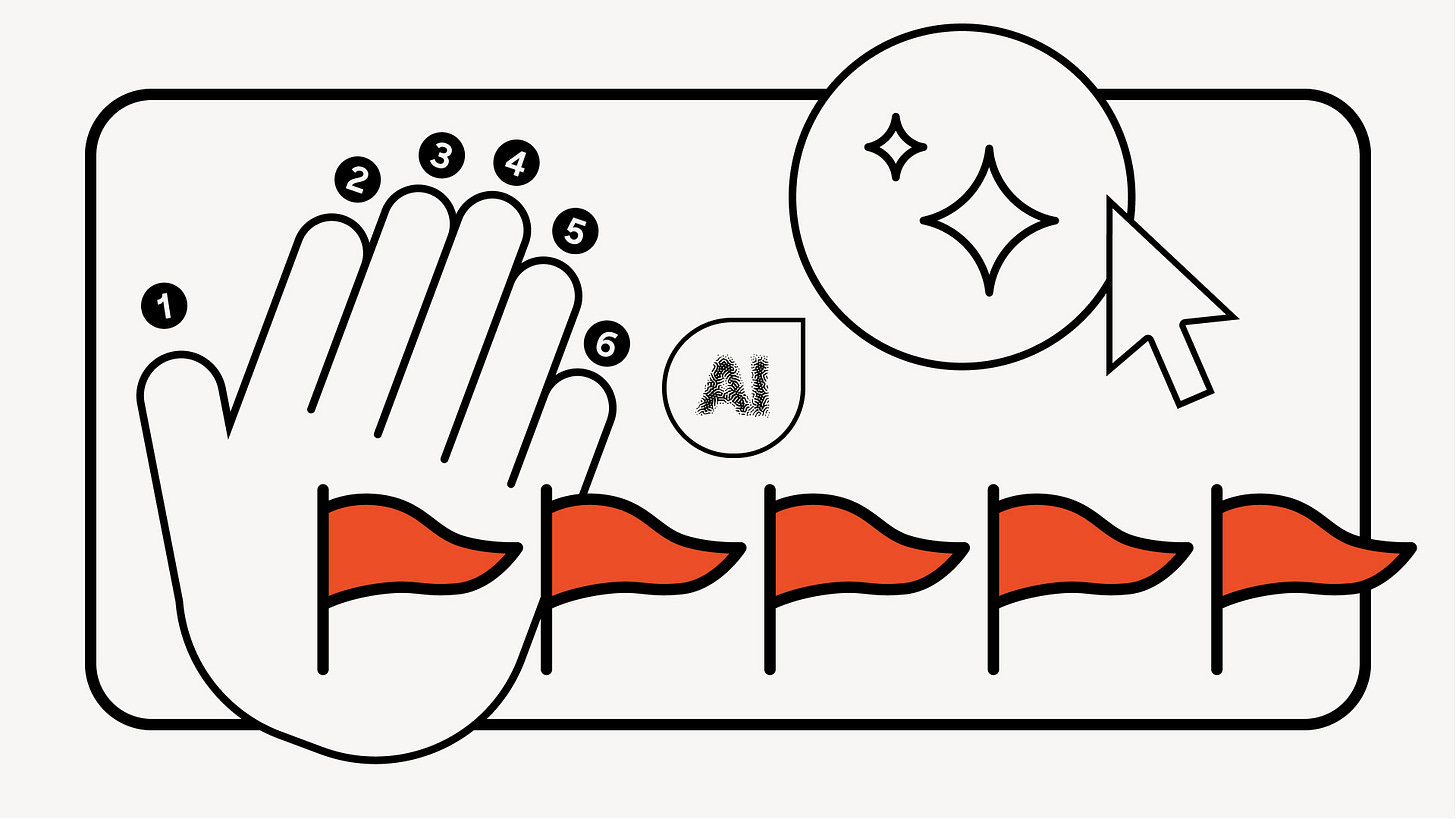The Sidebar is a limited-edition newsletter from Mozilla, the makers of Firefox. We’ll drop into your inbox every two weeks with tech insights, tips and behind-the-scenes stories about the web you won’t find anywhere else.
WHAT WE LOVED ON THE WEB THIS WEEK
The internet is still a lifeline
Welcome back to The Sidebar! We took a little break (ok, I missed an edition), but we’re back — and this week, we’re talking about something the internet actually gets right.
A new report from Hopelab and the Born This Way Foundation confirms what a lot of LGBTQ+ young people already know: Online spaces can be a lifeline. Nearly half (44%) of LGBTQ+ youth feel very safe online, compared to just 9% in person. Young people who identify as transgender or nonbinary are also twice as likely to be out about their gender identity online than IRL.
Of course, the internet isn’t perfect (trolls still exist, moderation is a mess and some platforms make things worse). But for so many people, this is the only space where they can be fully themselves – and that matters.
— Kristina, editor at Mozilla
HOW-TO…
Fingers, hashtags and red flags: How to catch AI fakes
Some claim one too many em dashes are a telltale sign of AI-generated text. Others argue that’s just how some people write (guilty – oops). Human expression and AI aren’t mutually exclusive. But there is the issue of AI misinformation, in which case, we can look to a framework used by AI misinformation researchers to assess social media. Things to ask yourself:
☐ Does the user or account look real, or is it a string of random letters with few followers?
☐ Are there hashtags like #AI, #satire, or #spoof?
☐ Is the language flowery or wooden-sounding? (Of course, certain words and phrases don’t mean that the content is AI-generated; they’re just reasons to take a closer look.)
☐ Does a post play on your emotions?
☐ Who benefits from you believing this?
☐ In images and videos, do you spot too many fingers, hands or teeth (AI still struggles with basic anatomy).
Not sure? Run a fact-check or reverse search an image. But most importantly, think critically. We can’t let AI do the thinking for us.
THE COMMENT SECTION
The power of picking for yourself
When people are actually presented with a choice, they take it. The EU’s Digital Markets Act showed that – when mobile browser choice screens rolled out on iOS in March, Firefox’s daily active users in Germany jumped 99%, and in France, 111%.
It’s not just about browsers (though if you’re inclined to switch to the only browser not backed by a billionaire, check us out). It’s about how default settings shape our decisions and what happens when people get to choose for themselves. And when they do, many are opting for independent alternatives — not just the ones tied to the biggest companies.
Our takeaways:
People don’t always stick with what’s pre-installed.
When choice is easy, independent options thrive.
Regulation can work.
ONE COOL PROJECT
An advice column for the obsessively online
Ever wondered if it’s weird to track your friends on Find My? Or debated whether custom Sims mods count as high art? mixed feelings is a newsletter that lives for these kinds of deep (and deeply online) questions. Recent dives include the economics of cosplay fan service and a very important Q&A with Rebecca Black on astrology, Trisha Paytas and bad Uber smells.
🔗 FROM OUR ARCHIVE: An interview with Mi-Anne Chan, founding editor of mixed feelings




